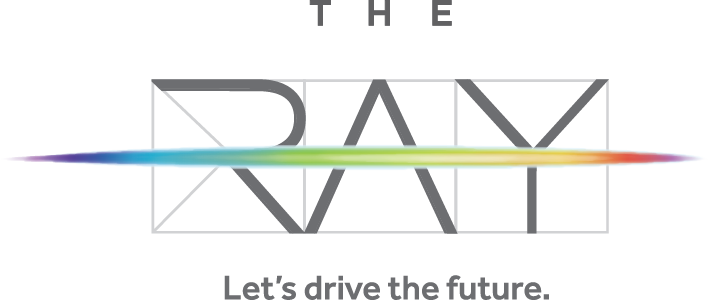The Ray Joins World Class Sustainable Electrified Transportation Center
The Ray Joins World Class Sustainable Electrified Transportation Center
The Ray is excited to announce a new partnership with Sustainable Electrified Transportation (SELECT) Research Center, led by Utah State University. As a member of SELECT, The Ray will join the nation’s leading researchers and experts across sectors, including automotive OEMs, suppliers/manufacturers, civil engineering firms, departments of transportation and academia, in understanding and developing ways in which a fully electrified transportation ecosystem can be strategically and successfully piloted in the near future. These conversations, partnerships, and collaborations, will open doors for The Ray to bring world-leading technologies developed by SELECT members to the East Coast and to The Ray in Georgia for public demonstration.
SELECT members collaborate throughout the year to develop technologies for the electrified transportation future, including EV charging infrastructure. At the biennial CERV conference (Conference on Electric Roads and Vehicles), scientists from around the world convene to bring together and elevate innovations in wired and un-wired charging technologies including faster and more powerful charging stations, overhead electrified cables, in-road charging from an electrified rail system, and dynamic wireless in-lane charging. The SELECT Center boasts a quarter-mile test track which is currently demonstrating a 20 - 20 KW dynamic in-lane charge to vehicles in motion including university buses. Future plans include an upgrade to the current system that will better simulate an operational road, like The Ray, which is used daily by passenger and freight vehicles.
“Zero carbon in the highway transportation sector is an achievable goal,” said Harriet Langford, president and founder of The Ray, “EVs are a huge part of the roadmap to zero, but we’re going to need robust charging infrastructure in order to do that. We recognized that from the very beginning. That’s why our very first technology demonstration on The Ray was a solar-powered fast charging station that opened up I-85 for EV drivers. A robust charging infrastructure can’t be limited to urban areas.”
“All AVs [autonomous vehicles] are EVs,” said The Ray’s Executive Director, Allie Kelly, “we’re excited to be a part of this group that is pushing the boundaries in what we call the energy-transportation nexus, which will be critical in the highway of the future.”
“On behalf of our academic and industry members, the SELECT Center is thrilled to have The Ray as our newest Center member,” said SELECT Center Executive Director, David Christensen, “The Ray’s ambitious and on-target work aligns so perfectly with SELECT’s objectives to see an electrified, smart, and sustainable transportation future. We look forward to the positive impact in Georgia and globally that comes from our collaboration.”
The Ray’s membership will last for the next 36 months.
About The Ray
The Ray is a proving ground for the evolving ideas and technologies that will transform the transportation infrastructure of the future, beginning with the corridor of road that is named in memory of Ray C. Anderson (1934-2011), a Georgia native who became a captain of industry and was recognized as a leader in green business when he challenged his company, Atlanta-based Interface, Inc., to reimagine the enterprise as a sustainable company—one that would pursue zero environmental footprint. Chaired by Ray’s daughter Harriet Langford, The Ray is an epiphany of the Ray C. Anderson Foundation. Learn more at www.theray.org.
About SELECT
The Center for Sustainable Electrified Transportation (“SELECT”) has been established to pursue breakthrough research activities in fundamental science, enabling technologies, and system demonstration of electrified transportation systems. The Center focuses on systems level integration and demonstration and a unique model for fostering multi-campus, multidisciplinary, industry-wide collaboration. SELECT broadens the education experience for students leading to competitive positions in the job market, expands research and development funding, and commercializes technologies in electrified transportation.



